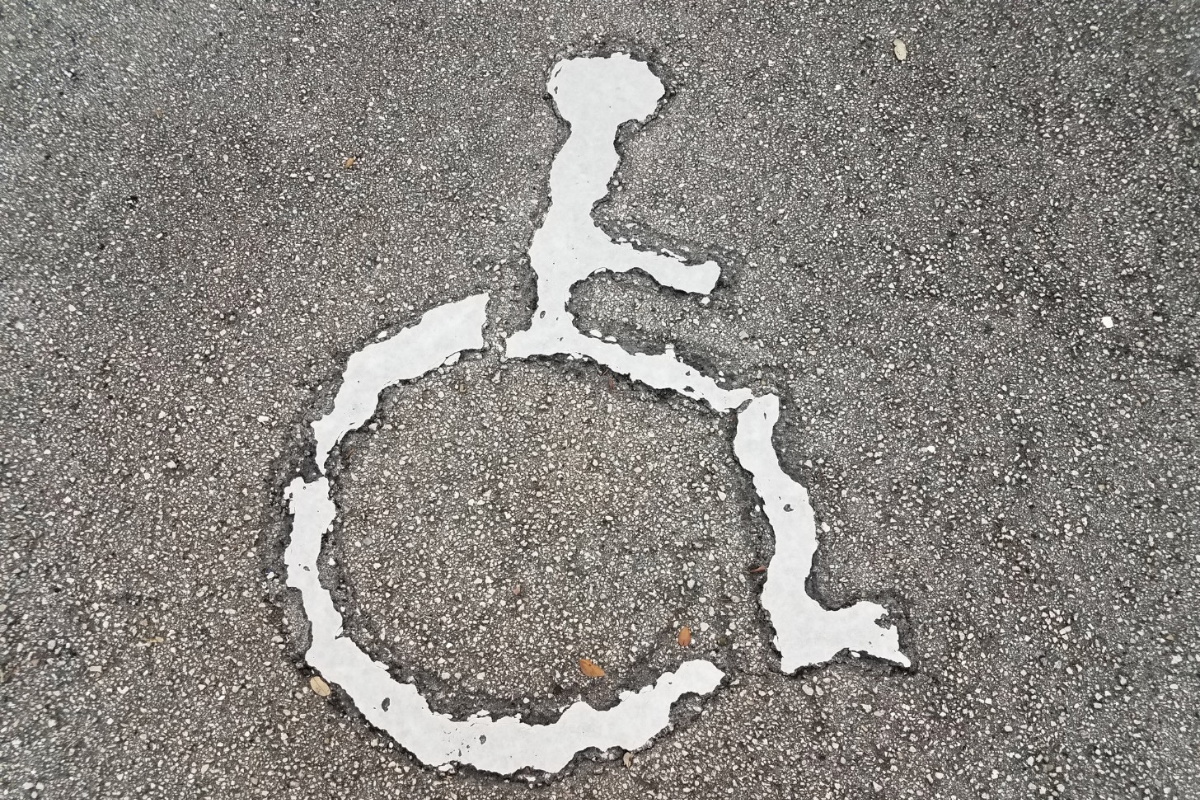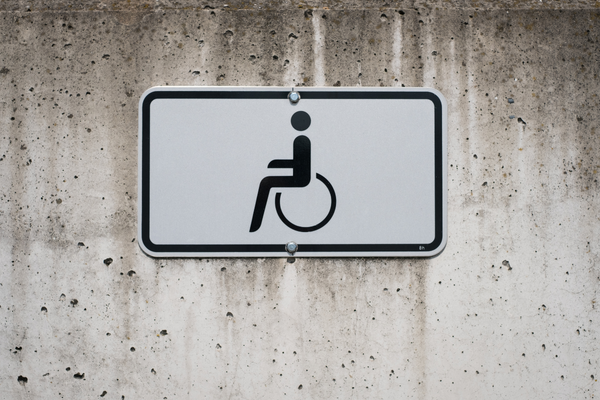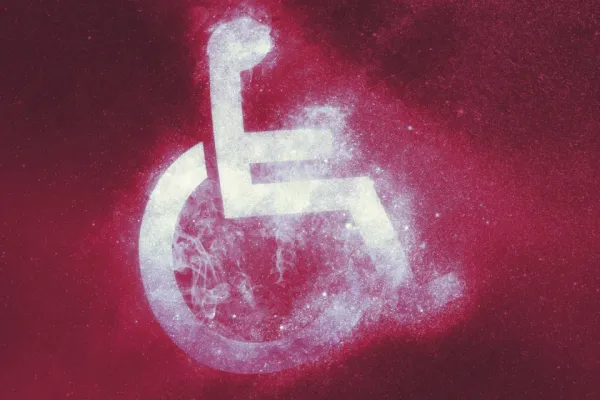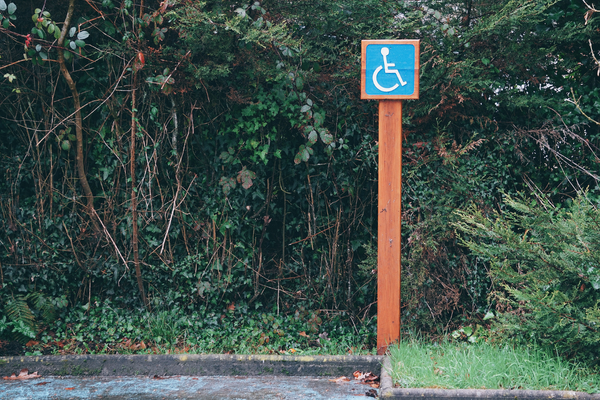1/21/25 - Disabled migrants, an interabled marriage, and music accessibility


I want to start with a note to state what may be obvious to some of you, to others maybe not. There was no newsletter yesterday because it was Martin Luther King, Jr. day here in the U.S., which is a federal holiday. Of course, I don't have to observe every weekday holiday by pausing this little newsletter. But I've basically decided that I will take the official holidays off.
Now, here are your three disability-related links for this Tuesday.
Migrants with a disability: 5 insights to understand an 'invisible' problem
Gabriel Pablo Marcolongo, World Economic Forum - January 17, 2025
"'How does disability impact migration and vice versa? Do people with disabilities migrate more or less than people without them? Does migration cause disabilities, further impact them or alleviate them? Once they reach their places of destination, how do migrants with disability integrate into host societies?"
There are scores of articles I could have shared, exploring what the new Trump Administration means to people with disabilities, particularly those of us in the U.S. Instead of trying to find the perfect "overview" piece*, I've opted to start with a somewhat more global and disability-centered perspective on what will probably be one of the most painful aspects of Trump 2.0 – its approach to immigration. It's a very general, dispassionate piece. But it may help provide a bit of grounding for people who might not have thought much about the overlapping experiences of being disabled and fleeing to another country where you might not be welcomed, due both to your immigration status and your disability.
*(I will, however, link this piece I wrote for Forbes just after Election Day in November, in which I attempt to sum up what disabled people in the U.S. are thinking and feeling about Donald Trump returning to the White House).
Hannah and Shane Burcaw Say IVF Journey Has Been ‘Heavy’ to Share as They Open Up About Interabled Relationship (Exclusive)
Zoey Lyttle, People - January 14, 2025
"'Over the past six years, Shane and Hannah's honesty and dedication to interabled representation has also opened them up to the darker sides of social media — the negativity and hate from those less willing to open their minds. Some even claim their relationship is fake. But after putting themselves out there for so long, Shane says it continues to get easier for them to put those comments out of mind."
Shane and Hanna are talented communicators and valuable contributors to disability culture. They also happen to be have become, much I'm sure to their chagrin, outlet valves for some of the most prejudiced, cynical, and abusive attitudes towards disabled people that still bubble under the surface of everyday American life – usually hidden attitudes that bubble up regularly through social media in the Squirmy & Grubs YouTube comment section. At the same time, they have deliberately made their work more than just about them. This book, which includes profiles of other couples where one or both have a disability, is a great example of Shane and Hannah sharing the spotlight and the microphone. That generosity goes a long way in countering the negativity they still receive alongside the sincere love and laughs from their actual fans.
Multisensory Perceptions
Esther Adepetun, VAN Magazine - December 19, 2024
"Bea Hubble, the leader of the National Open Youth Orchestra (NOYO) in London, also emphasizes the importance of reworking classical scores to accommodate diverse abilities. NOYO is a pioneering inclusive orchestra where 11-25 year-old disabled and non-disabled musicians rehearse and perform together. 'A lot of classical music, as it stands, isn’t accessible to our ensemble,' she explains. 'We rework scores so they play to each musician’s strengths and challenge them musically.'"
Taking another look and listen to music by Gaelynn Lea last week got me thinking about disability and music more broadly. Reading this article in a music publication, I found the subject of adapting high-performance musicianship to disability much more complex and interesting than I thought it would be. Going forward I hope to share more articles and content on disabled people's relationship to music.
Disability Thinking Weekday is a Monday-Friday newsletter with links and commentary on disability-related articles and other content. Please like, share, comment, and subscribe — for free, or with a paid subscription. Benefits of paid subscription include:
- A monthly recap with links to all of the previous month's shared articles, organized by topic.
- Listing as a supporter, and a link to your website if you have one.
- You can recommend one disability-related article for me to share per month in a weekday post.
I am so grateful for your help and engagement, in whichever forms you choose!



